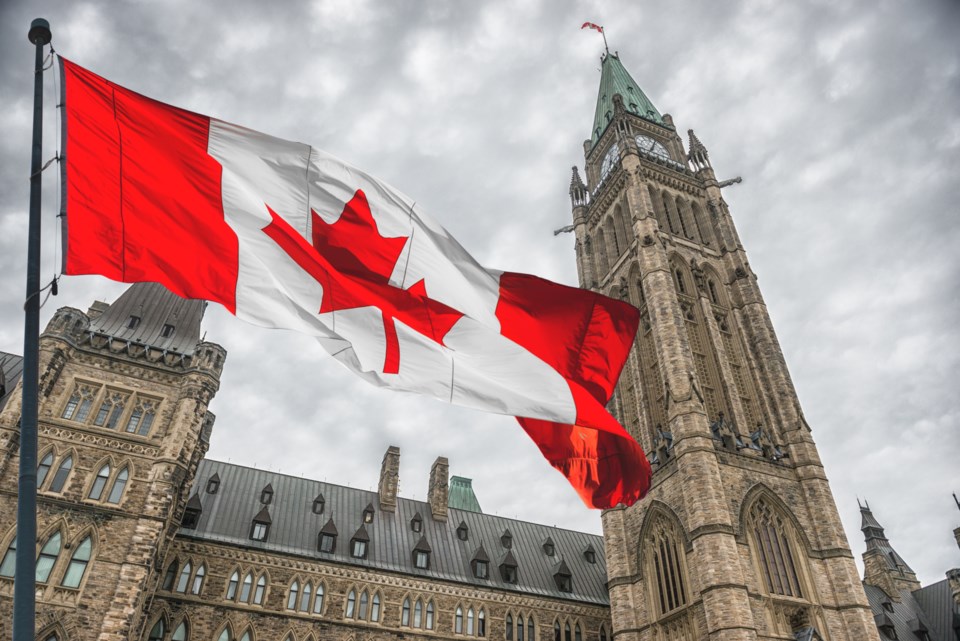As disappointing as it is to see China interfering in our federal politics, and Liberals downplaying its significance, the sad truth is that this is nothing new. Foreign governments and corporate interests have had way too much say in our politics for a long time.
China has loomed large on our political scene since Chrétien, and once upon a time it was the Conservative Party of Canada under Harper being accused of cosying up to the People’s (not-really-a) Republic of China by signing a free trade agreement. Everyone wanted to be the P(nra)RC’s buddy in those days, which was around the time when the Trudeau Foundation accepted a $200,000 donation from Chinese interests that the foundation now can’t seem to return.
Canada is a multicultural country. One in five of us was born in a different country, and probably still has ties to that country through business, family, and other entanglements. That’s not a bad thing, but it means voters—and politicians who need the support of the communities they represent—are prone to being subtly and not-so subtly influenced in exchange for funding and support.
There are all kinds of influence. Investigations show that Russia was behind a lot of the COVID and vaccine conspiracies that influenced the Freedom Convoy in Canada, then went on to support the convoy on social media channels where nationalists hang out. Russia Today, known as RT, had more coverage of the convoy than any other media outlet, and was eventually banned by the CRTC for pushing a pro-Russian view of the Ukraine invasion.
Americans also influence our political scene, from corporate oil sands politics to an increasing ownership stake in our media. Postmedia, which publishes the Trudeau-hating National Post and 90 per cent of our other dailies and weeklies—106 newspapers in all—is 66-per-cent owned by an American hedge fund that also owns the National Enquirer. And while the Enquirer is a ridiculous tabloid most of the time, it’s not above playing politics—the publication purchased exclusive rights to the story of a former Playboy model paid off by Trump just so it could quash it before the election, and eventually paid a fine of $187,500 to the Federal Election Commission for what was an unofficial and illegal campaign donation.
Recently, the Canadian government passed Bill C-11, which forces social media companies, streaming services and other online channels to include links to Canadian content along with other content. The bill has been condemned as a form of censorship, but the reality is that there really hasn’t been a free market of ideas in a long time—Canadians were already being force-fed whatever news and content most benefited the owner of the platform when it comes to advertising and politics. For example, people on Facebook got more conservative than liberal content in their feeds. And Musk has turned Twitter into a cesspool for the “anti-woke.” That influence will still go on, but at least now you’ll see a few Canadian stories in the mix.
All of these examples are scratching the surface. But while I’m concerned about the amount of foreign and corporate influence in our politics, I’m more concerned with the lack of solutions. There are ways to reduce foreign and corporate influence.
The first thing we need is public funding of elections—every candidate with official party status gets the same amount of cash to campaign with. There would be no more of those wretched fundraisers where influential groups line up to make “individual” donations to politicians and parties, buying their books and tacking on speaking fees. Given the rising cost of running for office, fundraising is only going to play a bigger role going forward.
We also need to accept that conflicts of interest exist, and that no member of Parliament is completely without conflicts of any kind. We need to know what they are. If, for the sake of argument, a member of Parliament has business or community associations with the P(nra)RC, then that person shouldn’t vote on any bills or sit on any committees that relate to China.
The same thing goes with any financial interests or investments where there’s an incentive to serve your own interests. No MP should be able to buy and sell individual stocks, all investments should be invested in funds. At last count, at least 65 MPs also own multiple properties and are in the landlord or property speculation business, and really need to recuse themselves from any future discussions over the housing issue that could affect their rental income and equity.
We also need to ensure that Canadian media is Canadian owned, and ban foreign ownership of our newspapers, magazines, and news organizations. Let’s face it, media is not really an industry with a bright future, so when a company like New Jersey-based Chatham Asset Management dives in with a pile of money to buy Postmedia you have to assume it has other motives besides profits.
What we don’t need is to be in the exact same place in five years with another scandal, wondering what conflicts our politicians have and how voters are being manipulated. It’s time to get over the influence.





